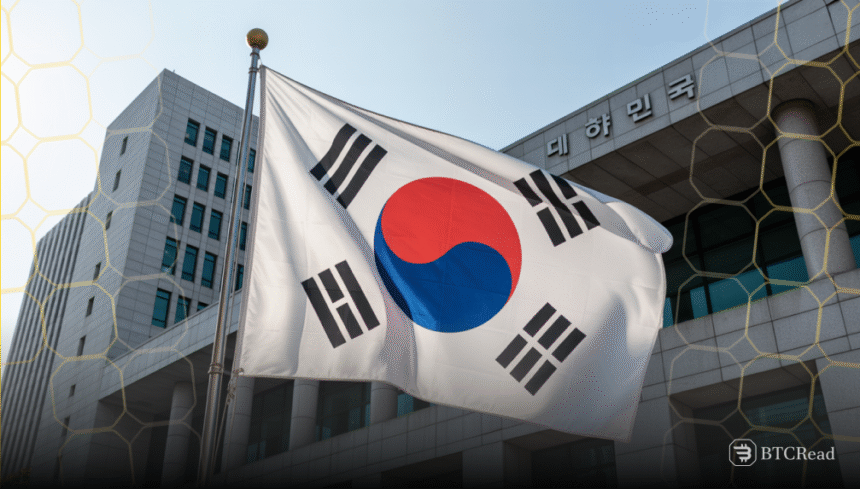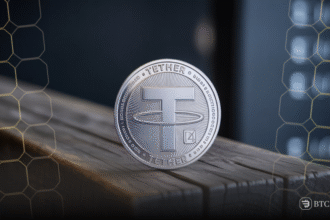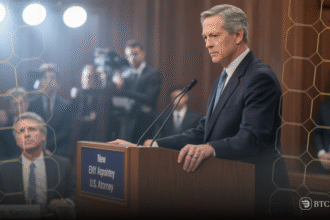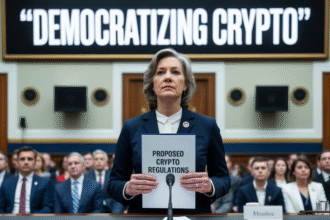Starting in June, South Korea will allow non-profit organizations and registered crypto exchanges to legally sell virtual assets. The policy comes after the Financial Services Commission’s fourth Virtual Asset Committee meeting, headed by Vice Chairman Kim So-young, in Seoul.
The officials concluded with the adoption of a draft proposal favoring corporate involvement in the market for crypto assets, strengthening prior regulation. Non-profit institutions with experience of five years or more in operation are eligible, provided that they establish internal committees for donations.
The committees will scrutinize sources of funding as well as the use of donations before being cashed out of virtual assets. Transactions will be permitted through local exchanges and confirmed Korean Won accounts for transparency.
Only virtual assets trading on three or more exchanges of the Korean Won will be eligible as targets for donations for non-profit agencies.
When such agencies receive virtual donations, they must promptly convert the assets into local currency. This ensures proper allocation and effective financial management.
Exchanges should follow strict standards before selling crypto assets, including full transparency. They must also obtain authorization from their board.
Only the leading 20 market cap assets on Korean won exchanges can be sold for funding purposes. The selling of virtual assets through their respective platforms is forbidden for exchanges in order to refrain from market manipulation.
South Korea tightens token listing requirements fast
However, day-to-day sales have to be within 10 percent of projected totals, and full records of all transactions have to be disclosed. Sale timing, quantities, and usage of proceeds have to be disclosed in these announcements, increasing accountability.
The Financial Intelligence Unit of Hong Kong and the Financial Services Commission will implement customer verification procedures in May.
They aim to prepare for the issuance of real-name accounts for eligible investors later this year. This will also apply to listed companies as part of the next phase of regulatory improvements. New measures will also focus on “listing beam” risks, which lead to vast price fluctuations when tokens first list.
The exchanges will have to provide sufficient token circulation and cap market orders at the beginning of the trading process. The measures will help protect users as well as make trading conditions more predictable.
Tokens with limited activity or ambiguous functions, like meme or zombie coins, will have stricter listing requirements.
Nonetheless, there will be minimum daily trading requirements for listing. Additionally, exchanges must demonstrate community engagement or a presence on global trading platforms as prerequisites.







